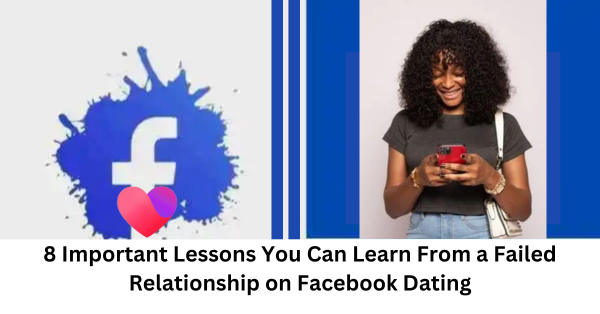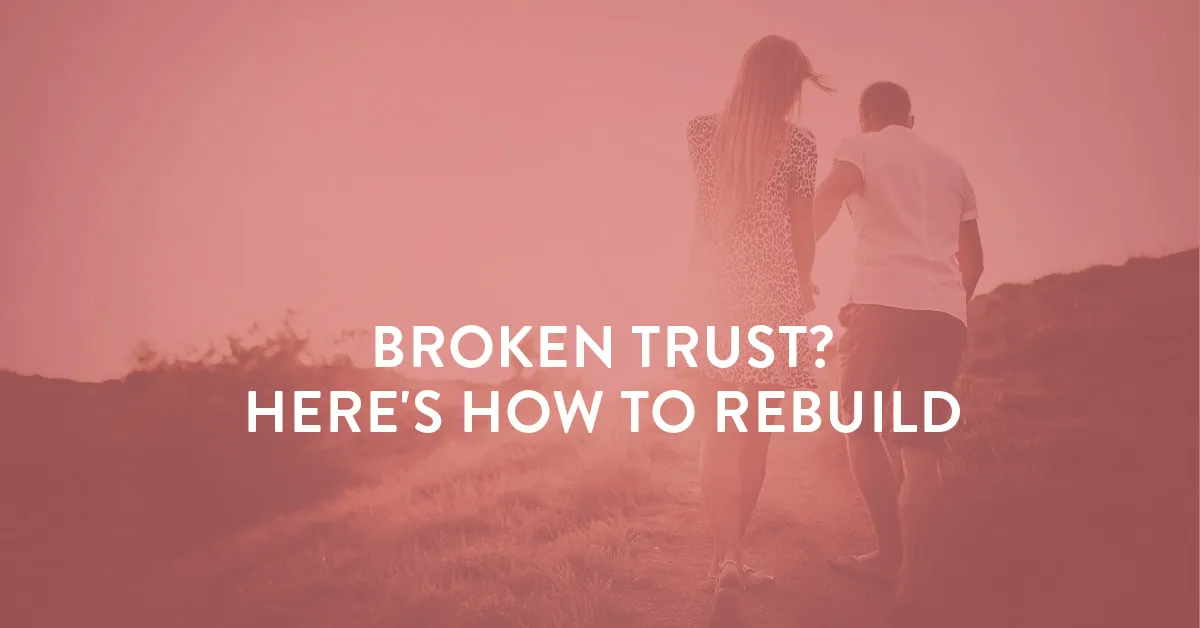Dating someone who has never been in a relationship can be both exciting and daunting. On one hand, there’s a refreshing innocence and authenticity that can be deeply endearing. On the other hand, the lack of relationship experience might pose certain challenges in areas such as emotional communication, conflict resolution, or setting healthy boundaries.
Whether your partner is new to dating because they’ve prioritized career or education, been shy or introverted, faced personal struggles, or simply haven’t met the right person until now, the dynamic of your relationship will require a little extra patience and care. That doesn’t mean it’s difficult—it just means you’ll need to approach the experience thoughtfully.
Here are 12 essential tips to help you build a strong, supportive, and healthy relationship with someone who’s never been in one before.
1. Be Patient With the Learning Curve
Perhaps the most important rule is to have patience. Being in a relationship—especially a romantic, emotionally intimate one—requires a certain set of emotional and interpersonal skills that are typically developed through experience.
Your partner may not know how to navigate certain situations, such as:
-
Expressing difficult emotions constructively
-
Setting and respecting boundaries
-
Dealing with misunderstandings
-
Balancing time and priorities
They may hesitate, second-guess themselves, or act awkwardly, and that’s normal. Just as you wouldn’t expect someone to ace a sport on their first try, don’t expect flawless relationship behavior from someone on day one. Let them grow into the role at their own pace.
2. Avoid Shaming Their Inexperience
While it might seem harmless to tease your partner about their lack of romantic history, doing so can create deep-seated insecurity. Inexperience does not mean inadequacy. Everyone has their own timeline, and choosing not to date until now does not make someone less desirable or emotionally capable.
Be mindful of how you talk about their inexperience. Phrases like “Wow, you’ve never been in a relationship?” or “That’s surprising for someone your age” might feel like compliments to you, but they can sound patronizing or even embarrassing.
Affirm their worth. Let them know you value them not in spite of their inexperience but for who they are as a person.
3. Communicate Expectations Clearly and Early
For someone unfamiliar with relationships, expectations might be unclear. What seems obvious to you may not be obvious to them.
For example:
-
You may expect to text or call daily, while they may not know that’s common.
-
You might think exclusivity is implied, but they may need clarification.
-
You might expect emotional check-ins or regular date nights, while they don’t know how to initiate those.
Make sure you discuss your expectations early. Instead of assuming they “should know,” use kind, non-judgmental language:
-
“Hey, just so we’re on the same page, I like checking in daily. How do you feel about that?”
-
“What does commitment look like to you?”
-
“Do you feel comfortable sharing your thoughts when something bothers you?”
Clear communication removes guesswork and fosters mutual understanding.
4. Lead With Empathy, Not Authority
It can be tempting to become the “teacher” or “coach” in the relationship if you have more experience. But be careful not to take on a superior role. Your partner is not your project or student—they are your equal.
Instead of giving lectures or directives, lead by example:
-
Show them how you express appreciation or love.
-
Handle disagreements calmly and respectfully.
-
Demonstrate what healthy boundaries look like.
This approach builds trust and allows them to grow naturally into the relationship. If they do ask for guidance, offer it gently and with compassion, without making them feel inadequate.
5. Allow Them to Set Their Own Pace
First relationships are filled with emotional “firsts”: first kiss, first argument, first moment of vulnerability, and more. These moments can be both thrilling and overwhelming.
Your partner may need more time to become emotionally or physically comfortable. They might also need space to figure out what they actually want in a relationship.
Don’t rush things.
Avoid pushing them toward milestones just because it feels “time.” Let your partner navigate these moments when they feel ready. Consent, emotional and physical, must always be enthusiastic, not coerced or guilted.
6. Don’t Compare Them to Your Past Partners
Comparison is the thief of joy, and this is especially true in romantic relationships. Comparing your current partner to your exes—whether out loud or in your own mind—is a surefire way to breed insecurity and disconnection.
Your partner may already feel like they’re “behind” or have a lot to learn. The last thing they need is to feel like they’re constantly being measured against your past relationships.
Instead, focus on the uniqueness of your connection. Appreciate their perspective, the way they make you feel, and the effort they’re putting in. Every love story is different—and yours deserves to stand on its own.
7. Normalize Mistakes and Imperfection
Inexperienced partners are bound to make some mistakes—misreading a situation, overreacting emotionally, or not handling conflict well. If you expect perfection, both of you will be disappointed.
Mistakes are opportunities for growth, not grounds for judgment.
Encourage reflection and communication:
-
“Hey, when you said that, it made me feel hurt. Can we talk about it?”
-
“I know that situation was confusing—do you want to process it together?”
Help them learn without feeling attacked. This allows you both to build emotional resilience and maturity within the relationship.
8. Model and Discuss Healthy Boundaries
If someone has never been in a relationship before, they might struggle with understanding personal and relational boundaries. They may over-accommodate, withdraw when overwhelmed, or fear expressing their needs.
Start by modeling clear boundaries yourself:
-
“I need some alone time after work to decompress.”
-
“Let’s make sure we both have space to see friends.”
Then invite open dialogue:
-
“Are there things that feel too fast or uncomfortable right now?”
-
“Is there anything you need more or less of from me?”
Boundaries are not rejections—they are the building blocks of trust and safety.
9. Affirm Their Strengths Beyond Romance
Dating someone new to relationships means you’re connecting with a person whose identity isn’t defined by past romantic success. That can be refreshing. They often have rich inner lives, goals, interests, and values that shaped them long before you entered the picture.
Celebrate those qualities:
-
Their independence
-
Their emotional self-awareness
-
Their creativity, work ethic, or sense of humor
Help them see that they bring plenty to the table. When someone knows they’re valued for who they are, not just for what they know about relationships, their confidence grows—and so does the bond you share.
10. Encourage Open Dialogue About Intimacy
Intimacy can be a particularly delicate area. Depending on your partner’s background, they might feel nervous, curious, cautious, or even overwhelmed by physical closeness.
Don’t assume you know how they feel about:
-
Physical affection
-
Sex and sexuality
-
Emotional vulnerability
Instead, create space for nonjudgmental conversations:
-
“What makes you feel safe or connected physically?”
-
“Do you want to talk about how we’re approaching intimacy?”
Mutual consent, comfort, and communication are the pillars of any intimate relationship. Respect where they are now, and let trust build over time.
11. Understand Their Fears (And Don’t Take Them Personally)
Entering a first romantic relationship can stir up fears:
-
Fear of rejection
-
Fear of inadequacy
-
Fear of losing oneself
-
Fear of being hurt
Your partner might occasionally pull away, question themselves, or even seem emotionally distant. This doesn’t necessarily mean they’re not interested—it could mean they’re processing a lot internally.
Avoid taking it personally. Instead, invite openness:
-
“I noticed you seemed a little distant today. Is something on your mind?”
-
“I care about how you’re feeling. Do you want to talk about it?”
By responding with curiosity and care, you create an environment where they feel safe exploring and naming their fears.
12. Celebrate Growth and Milestones Together
Firsts are a big deal when someone’s never been in a relationship. The first time they express love, handle conflict constructively, introduce you to their family, or initiate a vulnerable conversation—they’re stretching into unknown emotional territory.
Celebrate those moments. Acknowledge their effort. Say things like:
-
“I really appreciated the way you opened up to me today.”
-
“That meant a lot to me when you introduced me to your friends.”
These affirmations help your partner feel validated, capable, and proud of their progress. It also builds trust and makes the relationship feel like a safe place to grow.
Embrace the Freshness
Dating someone without baggage from past romantic relationships can be an incredibly refreshing experience. There are fewer ghosts in the closet, fewer negative patterns to unlearn, and fewer comparisons haunting your intimacy.
Your partner brings a blank slate, ready to write something new and meaningful with you. That’s a rare and beautiful opportunity.
So don’t fixate on their lack of history. Focus on the future you’re creating together—one conversation, one shared laugh, one vulnerable moment at a time.
Dating someone who’s never been in a relationship isn’t a challenge to be solved—it’s a partnership to be nurtured. It requires a thoughtful approach, grounded in empathy, clear communication, and mutual respect.
Instead of seeing their inexperience as a liability, recognize it as an opportunity to build something fresh, intentional, and deeply authentic. With your support, your partner can discover their capacity to love—and be loved—in healthy, fulfilling ways.
And who knows? Guiding them through their first real romance may just remind you what it’s like to fall in love for the very first time too.





